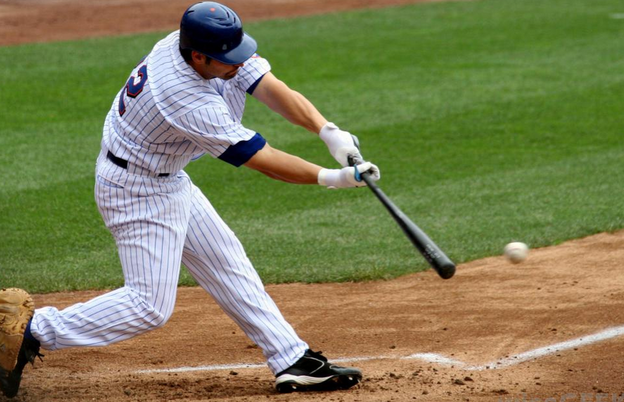The baseball fan (3)

William Carlos Williams’s “The crowd at the ball game,” a piece of the famous Spring and All sequence, bothers not at all to observe the game being played. Its power as art derives from “the power of their faces,” and it watches fans watching the game and calls the precision with which they do so beautiful. “The crowd at the ball game / is moved uniformly / by a spirit of uselessness.” There is no meaning or purpose to “the exciting detail / of the chase / and the escape, the error / the flash of genius.” These are “all to no end save beauty.” Williams both fears and loves the convergence of unity and diversity at a baseball game. The potential classlessness of the fans makes the crowd far more progressive than the game itself, thus justifying a poem about baseball that only glancingly mentions what happens on the field. Spring and All generally promulgates aspects of democratic culture apt for the modernist keen to observe fragmentation, cultural breakdown, disarray, and the reversal of traditional subject-object relations (observing the seers seeing rather than simply reporting the seen). The modernist’s fan-centered game bore out Jane Addams’ more overtly political question: Did not baseball belong to “the undoubted power of public recreation to bring together all classes of a community in the modern city unhappily so full of devices for keeping men apart?”